At the heart of the RESPECT! Challenge is a simple question: Who would you like to thank for teaching you Respect? Futures Without Violence and Macy’s, the Founding National Partner of the RESPECT! Campaign, created the RESPECT! Challenge to celebrate the everyday heroes in our lives by sharing inspiring stories from individuals across the country.
FUTURES is pleased to announce the 2014 RESPECT! Challenge regional captains, who will be educating the nation about the challenge and the importance of respect!
 James Anthofer – Cincinnati, OH
James Anthofer – Cincinnati, OH
James is an educator and social justice advocate with a passion for journalism and the arts. In college, he wrote for the school paper, tutored inmates in local prisons, worked for the English Department, and helped organize the Alternative Break program. He loves to find ways to connect people, but especially high school-aged youth, with art. He believes that youth need to be inspired, not only schooled or put to work.
Right after college, he jumped into a position as a high school teacher in St. Louis Public Schools as part of Teach for America, as well as assisting with the slam poetry team and coaching the wrestling team. Last year, he worked with St. Lou Fringe to advocate for the performing arts in the city as a Market and Media specialist. He is now working with the first-ever Louder Than a Bomb poetry slam competition here in Cincinnati and collaborating with community organizations to make the Respect Challenge a success in Cincinnati.
 Cindy Diggs – Boston, MA
Cindy Diggs – Boston, MA
Ms. Diggs is the former President and Founder of UMMF, Us Making Moves Forever, a networking and referral service for members of the entertainment industry. This organization was active in the foundation of the Boston Hip-Hop music industry from 1995 to 2000. She has demonstrated a strong commitment to social issues that impact youth, including her work with teen pregnancy, STD, HIV and violence prevention.
As a response to the surge in violent crimes, Ms. Diggs created the concept of the Start Peace T-shirt to promote the work of the Louis D. Brown Peace Institute and founded Peace Boston in December 2005. This youth peace movement, comprised of members of the Hip-Hop community, youth workers and youth, unifies local organizations that are working with youth throughout the city of Boston.
In an effort to expand Peace Boston’s city-wide efforts, Ms. Diggs formed The Peace Collaborative in September 2013 with her friend and colleague, Queen Vivian. Its goal for a more peace-FULL Boston is to create a year-long calendar of events which will serve as alternatives to violence for youth.
 Justine Finn – Washington, DC
Justine Finn – Washington, DC
Justine Finn has worked for the past ten years in a variety of professional, academic and community environments to advance the equality of women and men, focusing on social and spiritual attitudes towards equality and the impact of media on social health. Since 2010, she has worked at the Tahirih Justice Center, a Baha’i-inspired, national nonprofit organization that protects immigrant women and girls refusing to become victims of violence. Justine facilitates workshops and seminars at leading universities in the US, at the Commission on the Status of Women at the UN, and in local youth and community centers. She was a teacher at a women’s college in Nanjing, China and a reporter for a small newspaper.
Justine has researched sexual assault prevention programs on college campuses and the impact of western media on Chinese norms of feminine beauty. She is passionate about the education of youth, and has facilitated classes and trainings for children and teens for eight years. Justine obtained her Bachelor of Arts degree in Sociology and Journalism at Loyola University of Chicago.
 Jamie Giller – Miami, FL
Jamie Giller – Miami, FL
Jamie Giller is a lover of words. Growing up in a divorced household, she quickly learned that writing was an outlet for expressing emotions and sharing stories with others. In high school, she took this talent to the newly discovered World Wide Web and created a website to educate and interact with other teens dealing with the struggles of divorce. Her compassionate project would earn her a Silver Knight Award in Journalism from the Miami Herald.
While attending Boston University, Jamie continued to explore the world of writing, this time applying it to corporate communications at New Balance. Jamie helped draft the company’s first social media policy while marketing running shoes and apparel to shows like Dancing with the Stars. Upon graduation, Jamie was hired by a local agency and worked with high profile clients including The Doug Flutie Jr. Foundation for Autism, The New England Home Show, The Boston Flower and Garden Show, iShares 529 Plans and Panera Bread. She would later find herself hired to run the Home division of an integrated marketing agency focused on new product launches for domestic and international companies.
Jamie eventually relocated back to her hometown of Miami Beach where she joined the marketing team at Florida International University. Initially a marketing director at the Jewish Museum of Florida-FIU, Jamie now serves as the director of marketing and public relations for Student Affairs. Together with more than 20 student-focused departments, Jamie assists with the design, execution and promotion of programs and events that serve to teach students the importance of being actively engaged citizens in a global world. Her favorite part of her job is sharing these student stories through compelling articles and videos for FIU News and FIU Magazine.
 Melanie McQueen – Chicago, IL
Melanie McQueen – Chicago, IL
Melanie has been a resident of Oak Park for 12 years. She is the proud mother of 3 beautiful daughters, 18, 8 and 5. She believes in fair education and respect for all parents, teachers and students. Melanie’s involvement in the community started in the schools. In the interest of keeping schools strong and the quality high, she has been an energetic team player within many parent groups. She is VP of Community on the PTO Board at Longfellow Elementary School and is a member of the OPRFHS Booster Club Silent Auction Committee. Through her involvement she keeps parents informed and connected to the high school.
Melanie understands our youth. She has been the youth director at Grant Memorial AME (African Methodist Episcopal) Church for 10 years. She was recently elected as the 3rd Vice President of the Chicago Conference Women’s Missionary Society of the AME Church.
Melanie graduated from Triton College with honors and is a member of the Chi Zeta Chapter of Phi Theta Kappa, the National 2-year honor society. During her time at Triton College she was an active member of the American Association for Women in Community Colleges (AAWCC). Melanie graduated from Elmhurst College with a Bachelors of Arts Degree in Professional Communications. She was a founding and charter member of the Omicron Tau Chapter of Lamba Pi Eta, the National Communications Honor Society as well as a member of Mu Theta Chapter of Delta Sigma Theta Sorority, Incorporated.
 Suzannah Rogan – Los Angeles, CA
Suzannah Rogan – Los Angeles, CA
Suzannah Rogan grew up in Southern Oregon in a house affected by domestic violence. She moved to Seattle to attend Seattle University where she received her BA in Theatre, hoping to use theatre to change the world. Recognizing that this was very idealistic, she was forced to join the corporate world and began managing a Starbucks, where she has been for 11 years. During this time, she volunteered for a short time for Domestic Abuse Women’s Network on the domestic violence crisis line. When she relocated to LA, she wanted to find an organization with a proactive approach to ending violence. She found a home at Peace Over Violence as a Violence Prevention Specialist where she has been volunteering for the last year, now working as a mentor for new volunteers and on the planning committee for new training sessions. Currently, she holds a deferred offer to London School of Economics to pursue an MSc in Gender, Media and Culture. Her goal is to work in casting or script development to combat gender roles, stereotypes, and rape culture in the media. She is beyond excited to join Futures without Violence as the LA Captain for the Respect Campaign.
 Sabrina Sanchez – Denver, CO
Sabrina Sanchez – Denver, CO
As a Latina and Texas native Sabrina has traveled to Costa Rica and Spain participating in community development projects and teaching English where she gained extensive experience in learning about the importance of building international competency, bilingual education and school-to-community partnerships. She works closely with teachers, school site leaders and nonprofit organizations working towards providing equitable education and effective pedagogical strategies for under-resourced youth and their communities. Sabrina has worked as an after school activity leader at Rosa Parks Elementary in Berkeley, CA and as an academic tutor and mentor at nonprofit organization, College Track in SF. In both roles, she supported youth growth by providing socio-cultural, psychological and academic support. Sabrina’s main focus is to empower and cultivate relationships between cross-cultural environments by advocating for transformative and social justice that help foster self-love, resiliency and inspirational humanization. After graduating from high school in McAllen, Texas, Sabrina moved to San Francisco where she earned her B.A. in Sociology with a minor in Journalism and now holds a M.A. in International and Multicultural Education with an emphasis in Human Rights from the University of San Francisco. As a graduate student, she participated in the 2012 Human Rights Education Project, The World As It Could Be Summer Institute, served as the IME Department Representative for the Graduate Student Association during the 2013-2014 school year, and was a panel presenter at the 2nd Annual 2014 Research and Pedagogy Symposium at USF. She currently resides in Denver, CO where she enjoys hiking, playing volleyball and reading.
 Shannon Smith – Detroit, MI
Shannon Smith – Detroit, MI
Shannon Smith from Bay City, Michigan is a public health educator and passionate about giving a voice to those who are not being heard. She received her Bachelor’s in Health Science with coursework emphasizing in Public Health/Health Education from Saginaw Valley State University (SVSU). Shannon was very involved at the University and lead several initiatives through Phi Sigma Sigma Sorority. This fall marks her second year of grad school in the MPH – Health Administration dual program through the University of Michigan Ann Arbor and the University of Michigan-Flint. She has had various opportunities to gain experience in the field through an internship as a Health Educator at two local high schools, health research assistant on a photovoice project for SVSU and as the Aquatic Director at the YMCA. In each of these roles, Shannon was able to empower youth to find their voice and to create a positive change in their community. Most recently, she has started working as the Health Science Field Work Clinical Coordinator at SVSU. She believes community involvement is incredibly important and loves to attend events to support local community organizations. She is excited to bring her skills and experience to the Future’s Without Violence team.
 Rose Tenyotkina – San Francisco, CA
Rose Tenyotkina – San Francisco, CA
Born and raised in rural eastern Tennessee until the age of 9, I grew up in a no-stop light town. From there my family moved around until settling in Raleigh, North Carolina. I attended UNC Chapel Hill where I double majored in Peace, War and Defense and in International Relations. I joined Teach for America upon graduating and moved out to San Jose. I am passionate about education and social justice. As cliche as it may sound, I have a strong desire to change the world. For the Parks and Rec fans, I essentially want to be Leslie Knopp!
 Naliaka Wakhisi – New York, NY
Naliaka Wakhisi – New York, NY
Naliaka Wakhisi is a Miami native who currently resides in Brooklyn. With a passion for people, education, and empowerment, she uses movement and creative workshops to help inspire students and organizations to fully thrive. Naliaka not only focuses on community organizing and creative movement, but also strives to combine the world of art and technology. She received her Master’s in 2012 from NYU’s Interactive
Telecommunications Program. She was interested in learning about the latest technology so she could apply her studies to the students she works with. Not stopping there, Naliaka continued to branch out to different NYC communities through food, health demonstrations, and volunteering to teach fitness classes. She is now working with several different CBO’s and just accepted an apprenticeship at the Natural Gourmet Institute to further her education around healthy eating and cooking practices. Naliaka is extremely happy to bring her organizing skills to Future’s Without Violence for the second year in a row. She is eager to engage in conversations about non-violence and respect in the wake of so many uprisings. Naliaka hopes to continue helping young people and adults understand their role as healthy powerful leaders and connect them to the tools they need to be successful contributors in their society.
 Phil Waller – Philadelphia, PA
Phil Waller – Philadelphia, PA
Phil is a graduate student at the University of Pennsylvania where he is developing a youth leadership curriculum based in digital media design and principles of social entrepreneurship. Before moving to Philadelphia, he spent five years between Haiti and the DR working in grassroots community and economic development. In his spare time he likes to make beats and crush mountains of Mexican food.
 Kristen Wells – Lewis – Houston, TX
Kristen Wells – Lewis – Houston, TX
Kristen Wells-Lewis is a senior Chemistry major attending Prairie View A&M University with nine years of leadership experience that has sparked a passion for advocacy in action through several civic and social organizations. These organizations have helped enable her ability to assist others in understanding the importance of their contribution to a larger cause like voter registration, breast cancer awareness, disaster preparedness and financial literacy, etc.
Kristen is also a member of Delta Sigma Theta Sorority, Inc. a private, not-for-profit organization whose purpose is to provide assistance and support through established programs in local communities throughout the world where she serves as the Regional Representative of the Southwest Region. Wells-Lewis has utilized her leadership skills developed through Delta to help her become a better leader in the community. As a leader, one of her best traits is to remain aware and gain an understanding of the current economic and social challenges in our society. Wells-Lewis stays abreast of current events on many different venues including the newspaper journals, the Internet as well as other social media, and electronic communications. Kristen also eagerly shares pertinent information to her peers in an effort to keep them informed to promote unified action.
With her expertise in program coordinating and management and an active interest in Public Health and Administration through organizational involvement , volunteerism and peer ship, where she plans to further her education , Wells-Lewis has learned that advocacy on policy driven changes in healthcare, education, and economics will be beneficial to carry this same type of mission to the community.
 An estimated one in five women will be the victim of sexual assault during her college years. The problem can only be solved when policy makers, schools, activists, parents, survivors, and students work together to make sexual violence completely unacceptable on and off campus.
An estimated one in five women will be the victim of sexual assault during her college years. The problem can only be solved when policy makers, schools, activists, parents, survivors, and students work together to make sexual violence completely unacceptable on and off campus.


 Of the 76 million children currently residing in the U.S, an estimated 46 million can expect to have their lives touched by violence, crime, abuse, and psychological trauma this year. American Indian and Alaska Native children are more likely to experience exposure to violence than any other racial or ethnic group.
Of the 76 million children currently residing in the U.S, an estimated 46 million can expect to have their lives touched by violence, crime, abuse, and psychological trauma this year. American Indian and Alaska Native children are more likely to experience exposure to violence than any other racial or ethnic group.









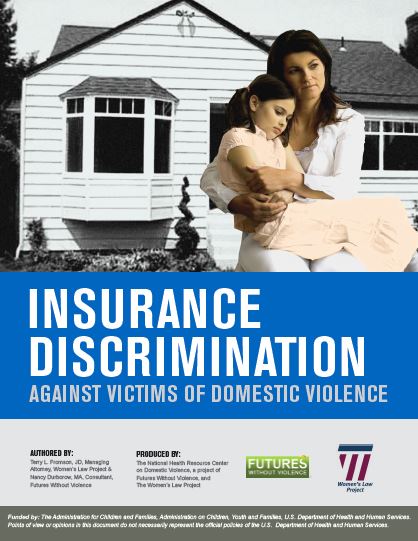 Authored by Terry L. Fromson (Managing Attorney, Women’s Law Project) and Nancy Durborow, MS (Consultant, Futures Without Violence) and updated in 2019, this 31-page report highlights the discriminatory practices of some insurance companies that penalize domestic violence victims who seek coverage and the recent changes to state and federal law. Information that insurance practices negatively affect victims of domestic violence first came to light in 1994 when two insurance companies denied health, life and disability insurance to a Pennsylvania woman based on information in her medical records that her husband had abused her. As domestic violence advocates soon discovered, her experience was not an isolated instance. An investigation quickly exposed the common and widespread practice of underwriting on the basis of domestic violence in all lines of insurance. These practices have resulted in cancellation of insurance, claims exclusions and denials, application of intentional act exclusions to innocent co-insureds, rating surcharges, adverse actions against third parties associated with victims of domestic violence, and disclosures that place victims at risk. This report outlines the broad scope of the problem as well as the state and national advocacy and legislative efforts taken to halt this practice during the last 20 years. It addresses the problematic and wide variance in state legislative prohibitions/protections as well as the continuing need for a federal remedy. Available only as a PDF.
Authored by Terry L. Fromson (Managing Attorney, Women’s Law Project) and Nancy Durborow, MS (Consultant, Futures Without Violence) and updated in 2019, this 31-page report highlights the discriminatory practices of some insurance companies that penalize domestic violence victims who seek coverage and the recent changes to state and federal law. Information that insurance practices negatively affect victims of domestic violence first came to light in 1994 when two insurance companies denied health, life and disability insurance to a Pennsylvania woman based on information in her medical records that her husband had abused her. As domestic violence advocates soon discovered, her experience was not an isolated instance. An investigation quickly exposed the common and widespread practice of underwriting on the basis of domestic violence in all lines of insurance. These practices have resulted in cancellation of insurance, claims exclusions and denials, application of intentional act exclusions to innocent co-insureds, rating surcharges, adverse actions against third parties associated with victims of domestic violence, and disclosures that place victims at risk. This report outlines the broad scope of the problem as well as the state and national advocacy and legislative efforts taken to halt this practice during the last 20 years. It addresses the problematic and wide variance in state legislative prohibitions/protections as well as the continuing need for a federal remedy. Available only as a PDF.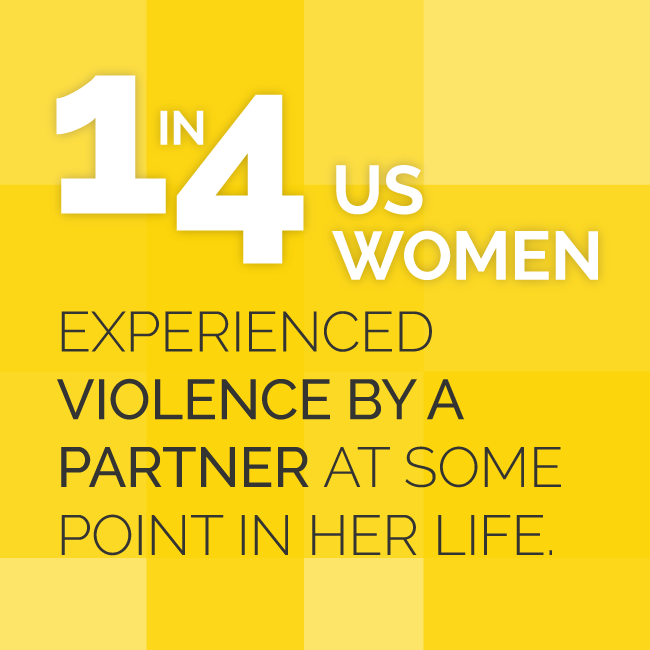
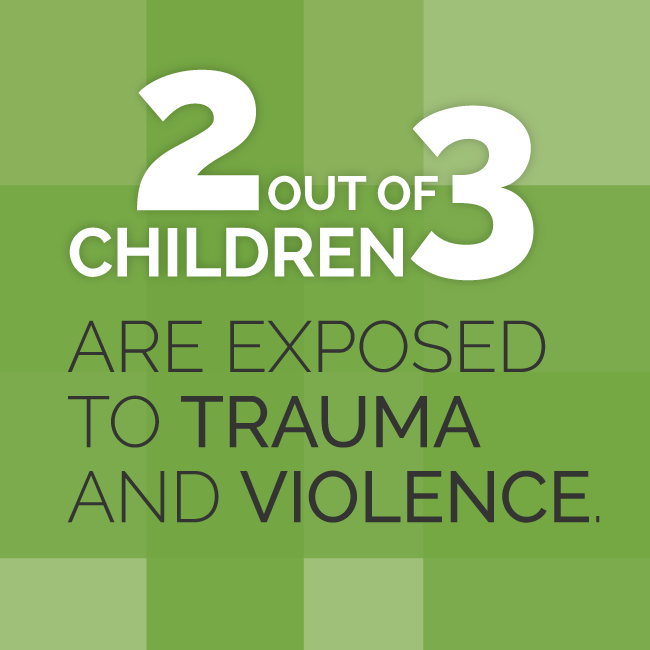
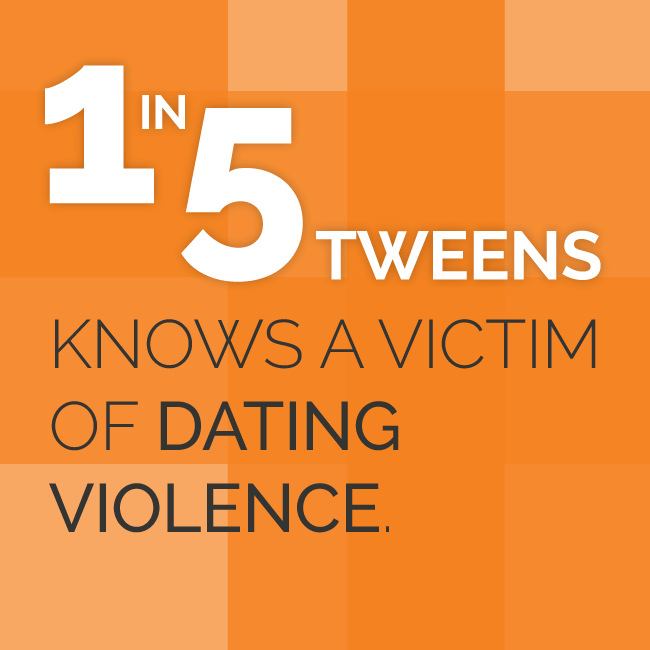
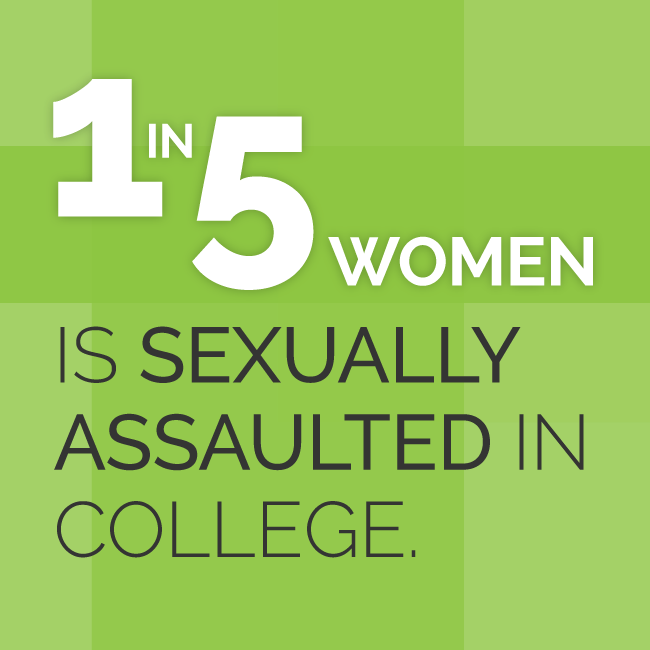







 and abuse to a number of health problems—from diabetes and obesity, to substance abuse and eating disorders.
and abuse to a number of health problems—from diabetes and obesity, to substance abuse and eating disorders. James Anthofer – Cincinnati, OH
James Anthofer – Cincinnati, OH












